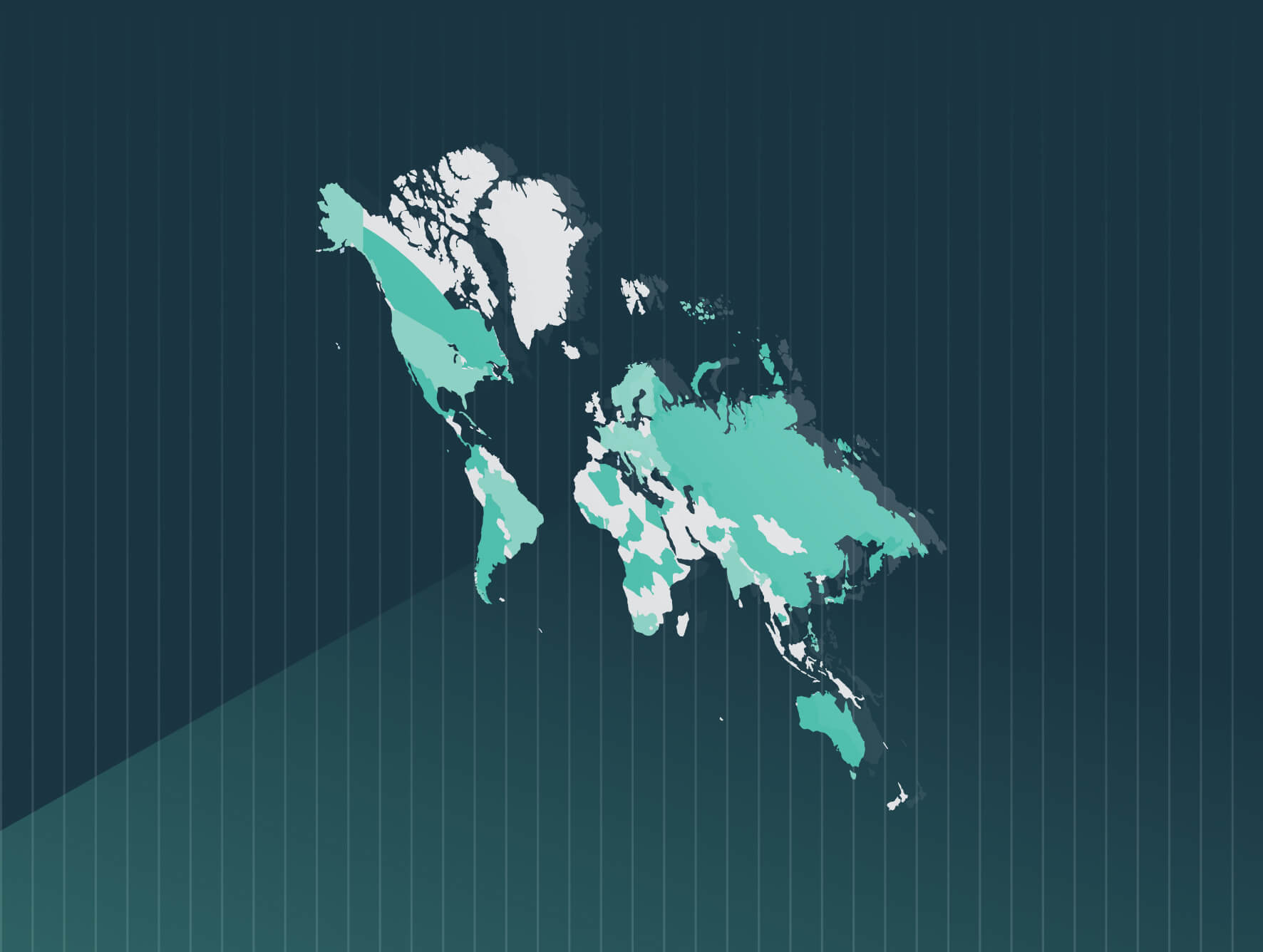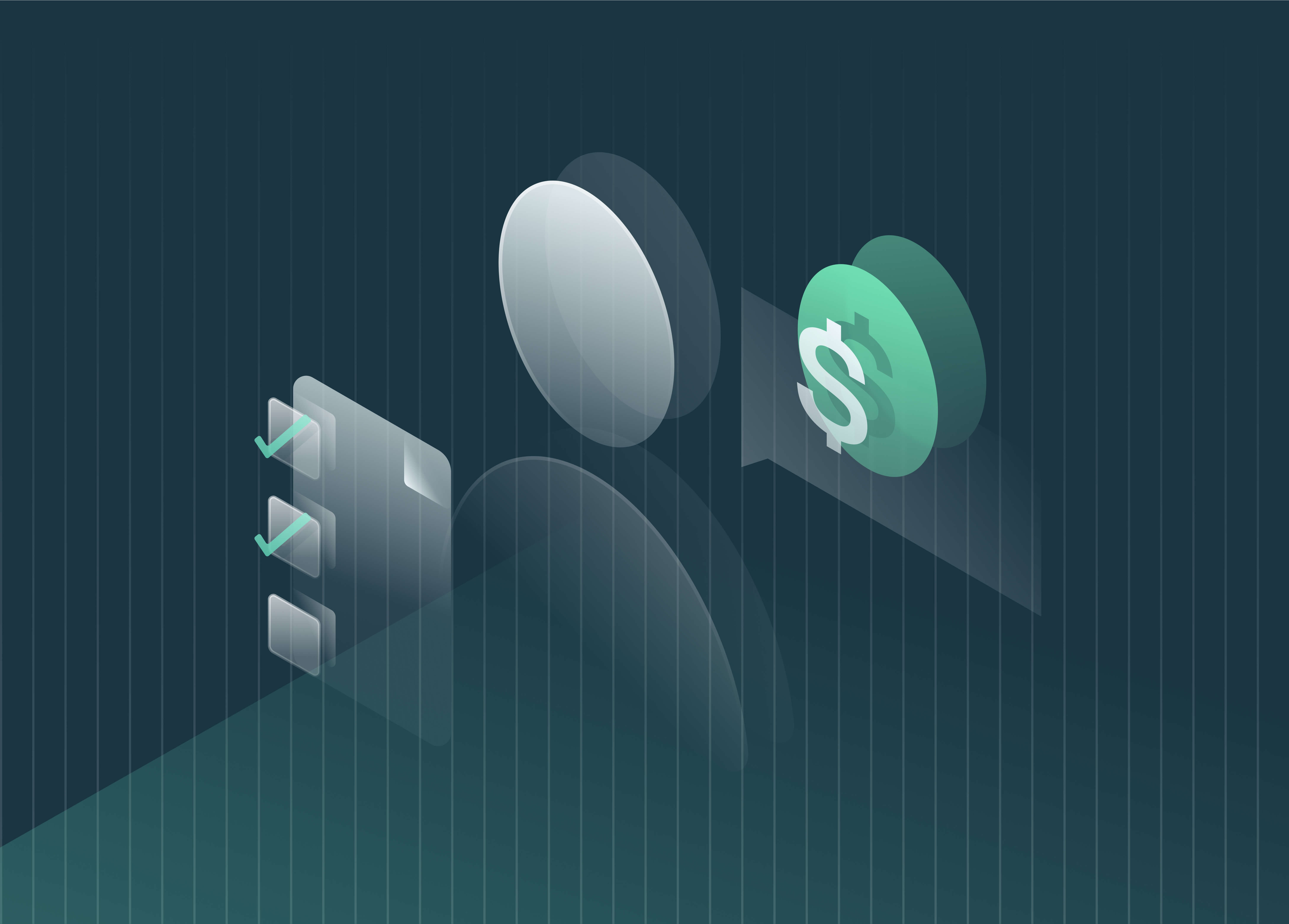Have you ever wondered what would happen if your organization didn’t pay an ACA penalty issued by the IRS? In this post, Trusaic explains what you need to know about the IRS’ enforcement powers under the ACA, namely, the powers to levy and lien.
As an initial matter, it’s important to understand the source of the IRS’s ACA enforcement authority. Under the ACA’s Employer Mandate, employers with 50 or more full-time employees and full-time equivalent employees, known as Applicable Large Employers (ALEs) must:
- Offer Minimum Essential Coverage (MEC) to at least 95% of their full-time employees (and their dependents)
- Ensure that the coverage for the full-time employee is deemed affordable based on one of the IRS-approved methods for calculating affordability and meets Minimum Value (MV)
Failure to adhere to these two requirements could subject ALEs to Internal Revenue Code (IRC) Section 4980H (a) or (b) penalties
- The “A” penalty, also known as the ‘hammer penalty’ is triggered when an ALE fails to offer MEC to at least 95% of its full-time workforce and their dependents and had at least one full-time employee receive a Premium Tax Credit (PTC) from a state or federal health exchange.
- The “B” penalty is triggered if the healthcare coverage does not meet MV and/or is not affordable. The “B” penalty is triggered by each full-time employee who receives a PTC from a state or federal health exchange. Unlike the “A” penalty, the “B” is calculated on a per-employee basis.
Notice of 4980H(a) and/or (b) penalties typically arrive in the form of IRS Letter 226J. The IRS is currently issuing Letter 226J penalty assessments to employees identified as having failed to comply with ACA for the 2018 tax year, though the agency is expected to begin issuing them for the 2019 tax year any day now.
Employers that ignore or otherwise disregard 4980H penalties enter the IRS’ collection process. Within the process, the IRS uses a range of tools and communications to enforce compliance with the Employer Mandate.
At Trusaic, we have supported clients in dealing with situations where the IRS withheld overpaid taxes (such as payroll or income) or otherwise utilized the overpayment to satisfy an outstanding Employer Mandate penalty. Yet, perhaps the most operationally disruptive IRS enforcement actions are the levy and federal tax lien. The IRS defines these actions as follows:
“A levy is a legal seizure of your property to satisfy a tax debt. Levies are different from liens. A lien is a legal claim against your property to secure payment of your tax debt, while a levy actually takes the property to satisfy the tax debt.”
“A federal tax lien comes into being when the IRS assesses a tax against you and sends you a bill that you neglect or refuse to pay.”
Using a levy, the IRS may seize your organization’s property and force a sale to pay for your ACA liability. Funds within corporate bank accounts may also be levied and applied to the liability.
A federal tax lien can likewise have devastating effects on business operations. Among other things, a lien gives public notice to creditors concerning the ACA liability. The lien may also be reported to credit reporting agencies, creating obstacles to accessing credit, securing capital, and impact commercial tenant/landlord relations.
Organizations interested in learning more about the IRS collection process should review IRS Publication 594.
While organizations do have certain rights within the IRS collection process (such as the right to appeal IRS determinations), there can be no denying that, when it comes to the ACA, an ounce of prevention is worth a pound of cure. Last summer, the IRS made it known that 4980H penalties are not subject to a statute of limitations, meaning that all prior ACA reporting years are fair game for the IRS collection process as well.
If your business needs assistance classifying workers correctly, calculating ALE status, and complying with the ACA, download the 2023 ACA Essential Guide for Employers to learn best practices for minimizing IRS penalty risk.








